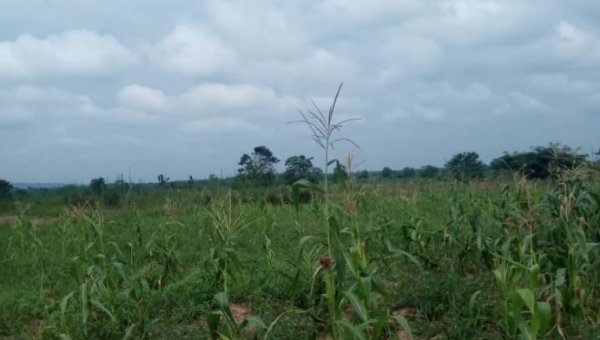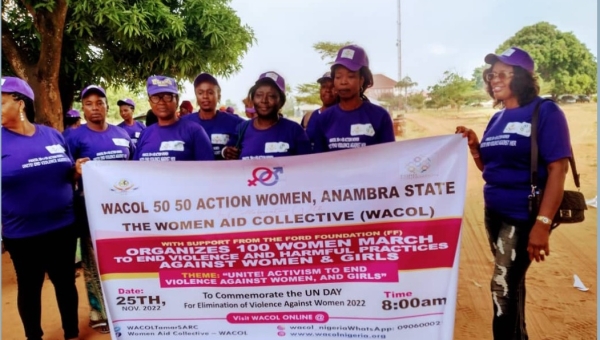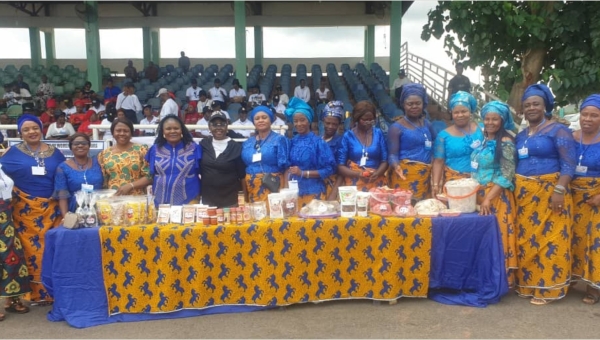Farm Project:
ExpiredEmpowering Widows Through Agriculture
Introduction: In a small village in Nigeria, a unique farm project is making a big impact on the lives of widows in the community. With access to four hectares of land, these women are able to cultivate crops such as maize, cassava, egusi, and mushrooms, providing them with a source of income and empowerment.
Let's take a closer look at how this farm project is changing lives and fostering sustainable development in the region.The farm project is not just about growing crops; it's about providing widows with a sense of purpose and independence. For many of these women, farming was traditionally seen as a man's job, but through this project, they are breaking down barriers and proving that they are capable of not only cultivating the land but also thriving in the agricultural sector. By working together and supporting each other, the widows involved in the project have created a strong community that uplifts and empowers each other. Cultivating Maize, Cassava, Egusi, and Mushroom
On the four hectares of land allocated to the farm project, the widows grow a variety of crops that are not only in high demand but also well-suited to the local climate and soil conditions. Maize, a staple food in Nigeria, is a versatile crop that can be used for human consumption as well as animal feed. Cassava, another important crop, is drought-tolerant and rich in carbohydrates, making it a valuable source of food security for the community. Egusi, a type of melon seed that is commonly used in traditional Nigerian dishes, is also grown on the farm. Rich in nutrients and with a unique flavor, egusi is a high-value crop that provides an additional source of income for the widows. Finally, mushrooms are cultivated in a dedicated area of the farm, providing a nutritious and sustainable food source that is in high demand in local markets.
Empowerment Through Agriculture: Through their work on the farm project, the widows are not only able to support themselves and their families but also contribute to the local economy and food security. By cultivating a variety of crops and diversifying their income sources, these women are taking control of their own destinies and creating a brighter future for themselves and their communities. The farm project is not just about growing food; it's about growing independence, resilience, and hope.
The farm project for widows in Anambra is a shining example of how agriculture can empower marginalized communities and foster sustainable development. By providing access to land, resources, and training, this project is not only transforming the lives of the widows involved but also creating a ripple effect of positive change throughout the community. As the women continue to cultivate maize, cassava, egusi, and mushrooms, they are not just growing crops; they are growing a better future for themselves and their families. Through their hard work, resilience, and determination, these widows are proving that with the right support and opportunities, anything is possible in the world of agriculture.




